Sub-Specialties if Internal Medicine
Allergy and Immunology
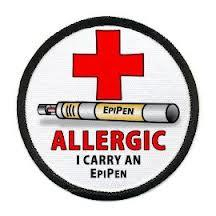
Allergy/Immunology is the subspecialty of internal medicine concerned with
the prevention, diagnosis and treatment of problems with the immune system.
If you have been referred by your primary care physician to an allergist/ immunologist, in most cases you will go back to that physician for follow-up care. If you require continuing care for allergy- related conditions, your primary care physician and your allergist (immunologist), working together, will recommend which physician you should see.
Cardiology
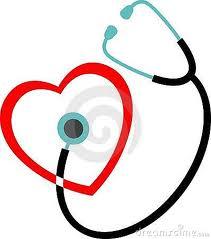
Cardiology is the subspecialty of internal medicine concerned with the functioning of the heart, blood vessels and circulation of blood throughout the body and may encompass evaluation of the lungs. In many cases, patients with cardiovascular disease are followed jointly by a general internist and a cardiologist. This joint care works best for all concerned. The cardiologist can add new therapies and feel confident of the followup from a fellow internist.
In many cases, patients with cardiovascular disease are followed jointly by a general internist and a cardiologist. This joint care works best for all concerned. The cardiologist can add new therapies and feel confident of the follow-up care from a fellow internist.
Endocrinology
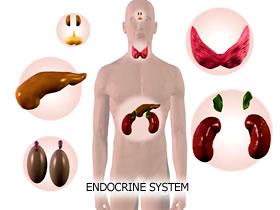
Not everyone who suffers from endocrine disease needs an endocrinologist. Many hormonal problems are diagnosed and handled by general internists. The skills of an endocrinologist are necessary for complicated disorders, such as uncontrolled diabetes, thyroid cancer, pituitary dysfunction, familial endocrine and auto-immune disease.
A general internist can diagnose and treat uncomplicated hormonal disorders, such as well-controlled diabetes, hypothyroidism and follow-up treatment for hyperthyroidism.
In most cases, you will still need an internist or other primary care physician for non-endocrinology related medical care, although some enxdocrinologists maintain a general internal medicine practice as well as their subspecialty.
Gastroenterology

Not everyone who suffers from digestive problems needs a gastroenterologist. Many digestive disturbances are diagnosed and managed well by general internists, surgeons and others. Their skills are most necessary when special knowledge in diagnosis and treatment is required.
Gastroenterologists do not perform surgery. They may, however, perform procedures such as liver biopsy and examinations of the esophagus, stomach, small and large bowel, through the use of special flexible medical instruments called endoscopes.
If surgery is required, they work with surgeons to select the best operation for a patient and provide medical care following surgery.
Geriatrics

Geriatricians often become the primary physician for older adults. If this is not the case, your primary physician might refer you to a geriatrician when a problem associated with aging requires special attention. In some cases, a family member might recognize a need for a geriatrician and suggest you consult one.
If geriatricians are not serving as your primary care physician, they often work with other physicians, advising them about a specific diagnosis or treatment plan. More often, geriatricians act as primary care physicians, relying on many skilled professionals and other subspecialists of internal medicine, nurses, physical and occupational therapists, psychiatrists, psychologists, pharmacists, and social workers.
Hematology
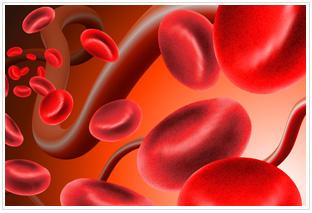
Not everyone with a blood problem needs a hematologist. Many blood problems are diagnosed and managed by general internists. When special knowledge in diagnosis and treatment is required, the skills of a hematologist are called upon. Treatments may include therapeutic phlebotomy, bone marrow aspiration, core bone marrow biopsy, and chemotherapy or other special therapy.
Hospital

Hospitalists are providers who dedicate most of their career to the care of hospitalized patients. They focus on clinical management, with an added eye to quality, safety, and utilization. The ranks are filled with physicians, nurse practitioners, and physicians’ assistants. Some hospitalists begin their practice directly after residency, although another large demographic group gained decades of experience in more traditional primary care before becoming hospitalists. Most hospitalists are trained in internal medicine, although a significant percentage have family medicine backgrounds.
Infectious Disease

When a fever raises the suspicion that you may have an infection, when an infection is potentially serious, or when problems occur with treatment, it may be necessary to consult an infectious diseases specialist. ID specialists can provide special insight into tests that will be helpful in diagnosing and understanding the infection and preventing recurrent infections. They can often help determine what treatment you need, if any, and whether you should receive antibiotics. You may not require any treatment, but if you do, they may confer with your personal physician about which diagnostic testing and forms of treatment are best suited to your needs.
If you are hospitalized for an infection or acquire an infection while hospitalized, ID specialists will follow and help direct your hospital care. In some cases, they may continue to see you after you go home from the hospital.
Nephrology
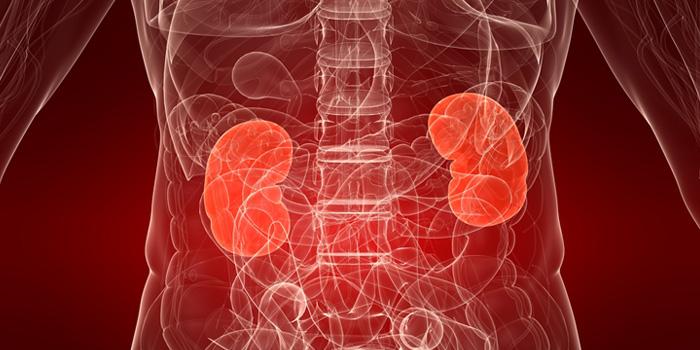
Nephrologists diagnose and treat kidney diseases, including both the conditions these diseases can produce -- such as hypertension -- as well as diseases that can cause kidney failure -- such as diabetes mellitus and polycystic kidney disease.
Primary care physicians, surgeons or obstetricians-gynecologists usually refer patients to nephrologists in cases of protein or blood found in the urine, severe high blood pressure, kidney stones, renal insufficiency or kidney failure.
Oncology
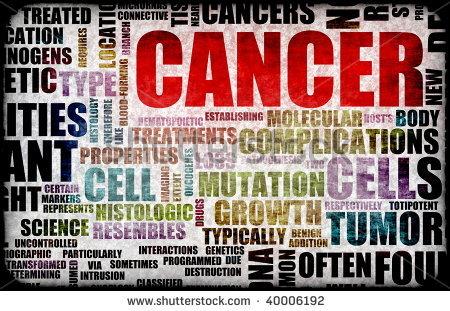
Oncologists care for patients from the moment of diagnosis through the course of the disease. They explain the diagnosis and meaning of the disease stage, discuss various treatment options, recommend the best course of treatment, deliver optimal care, and improve quality of life -- through curative therapy and palliative care with pain and symptom management.
Once diagnosed, cancer is often treated by a team of oncologists, usually at least two of the three types - medical, surgical or radiation oncologists. The team may also include a pathologist, a diagnostic radiologist, and an oncology nurse.
Pulmonary
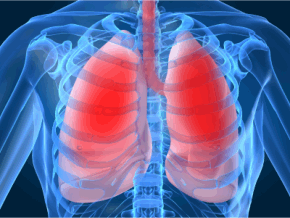
Not everyone who suffers from an acute respiratory condition or chronic respiratory diseases needs a pulmonologist. Many of these conditions can be managed by a general internist. Their skills are usually needed for patients with complex pulmonary problems, such as emphysema, tuberculosis, asthma, complicated infections of the chest, the pulmonary complications of AIDS, injury, and complications of respiratory diagnostic and therapeutic procedures.
Rheumatology
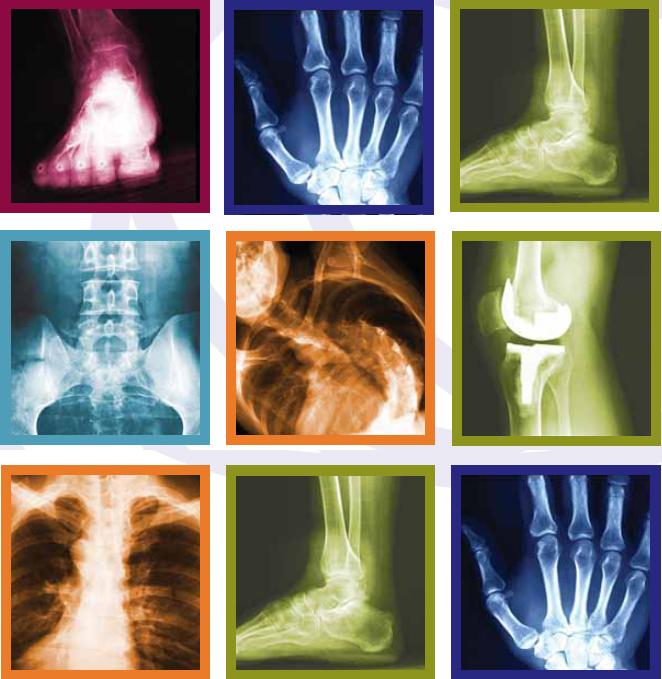
If pain in the joints, muscles or bones are not severe or disabling and last just a few days, it makes sense to give the problem a reasonable chance to be resolved. But if the pain persists for more than a few days, you should see an internist, who may refer you to a rheumatologist. Many of these disorders are not easily identified in the early stages. Some of them are very serious and difficult to treat.

